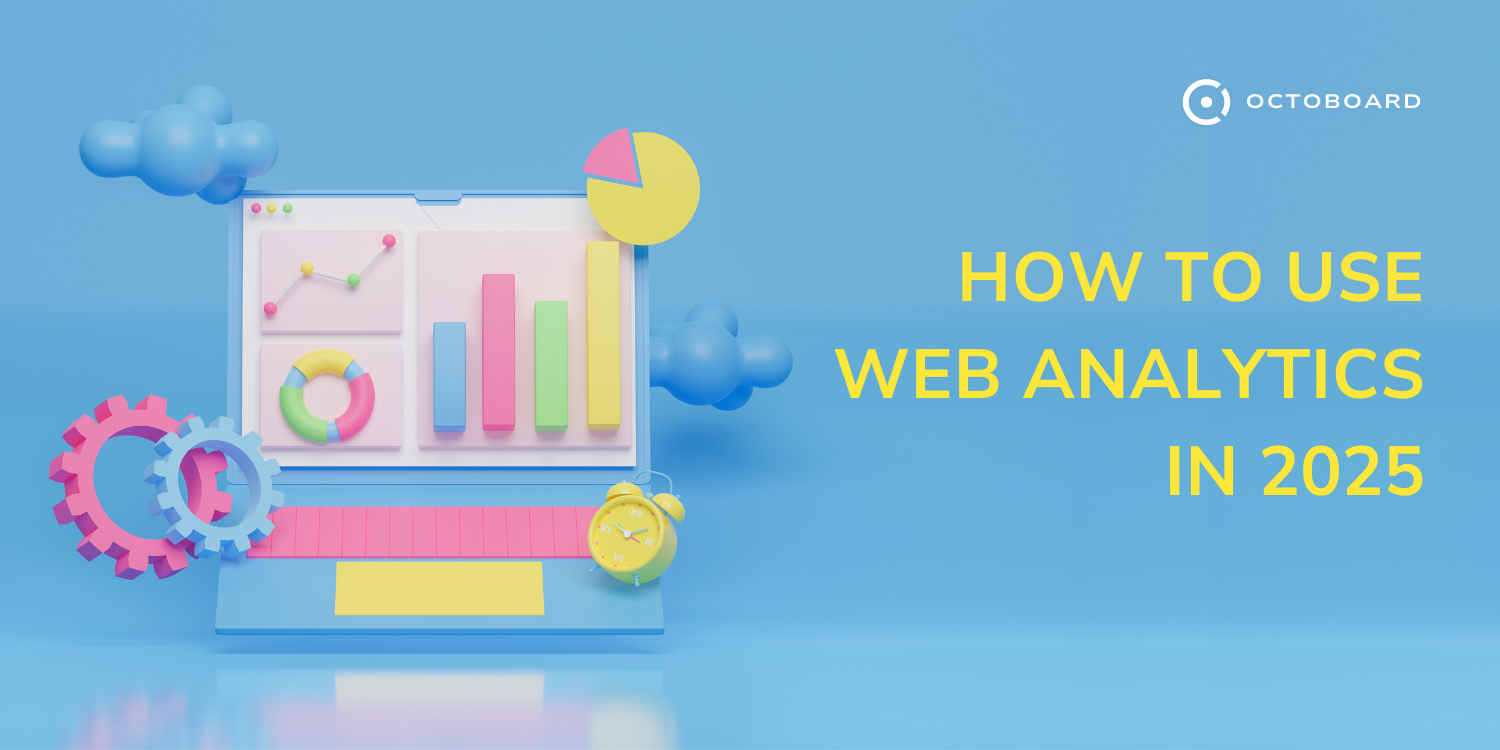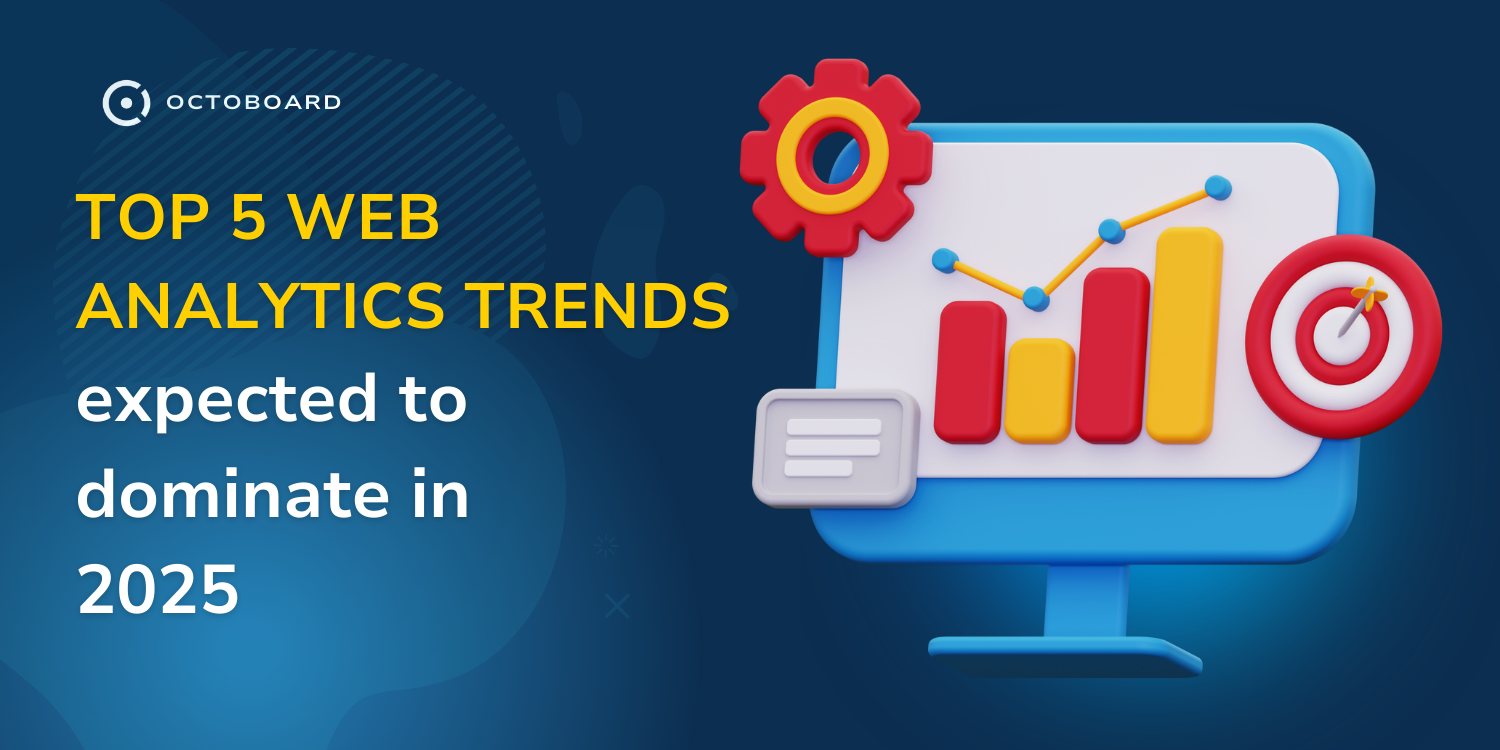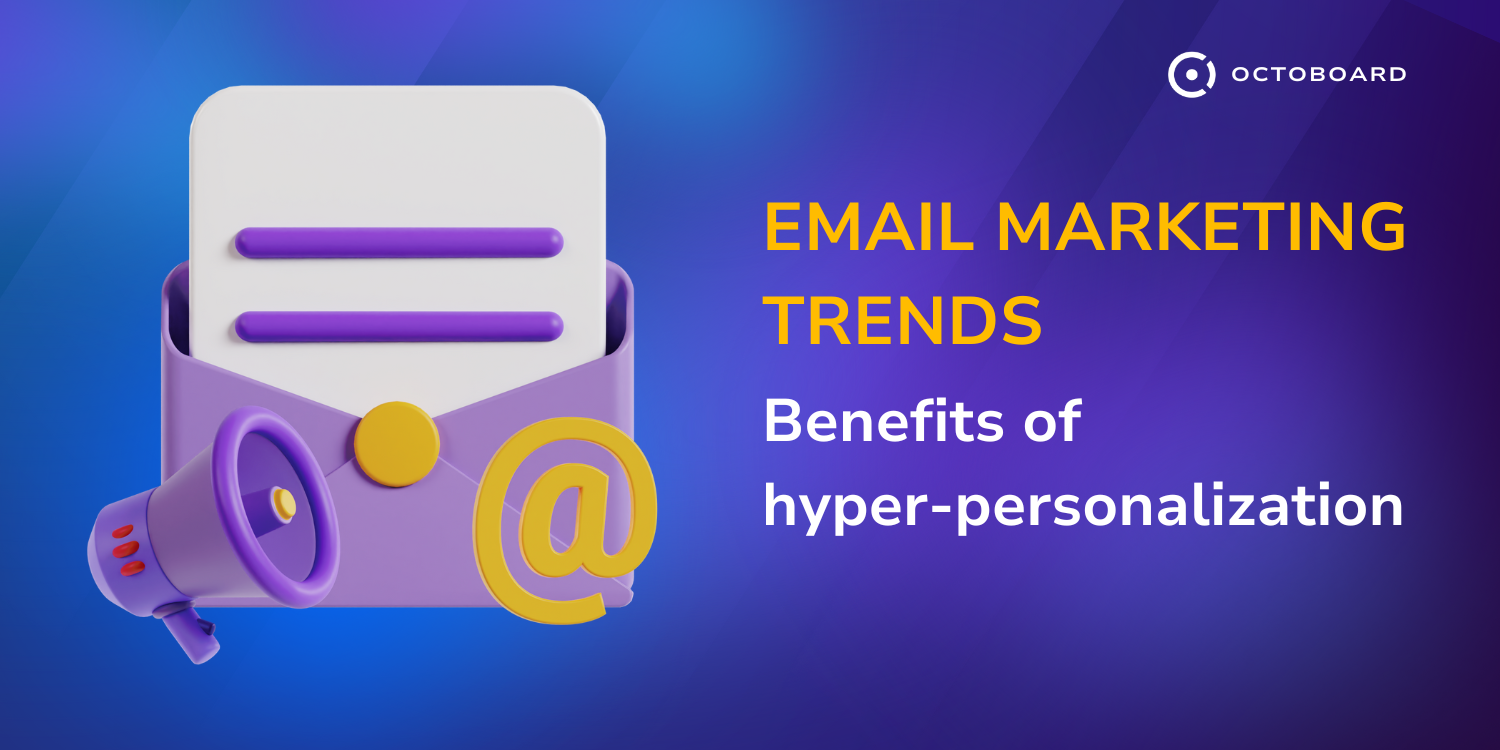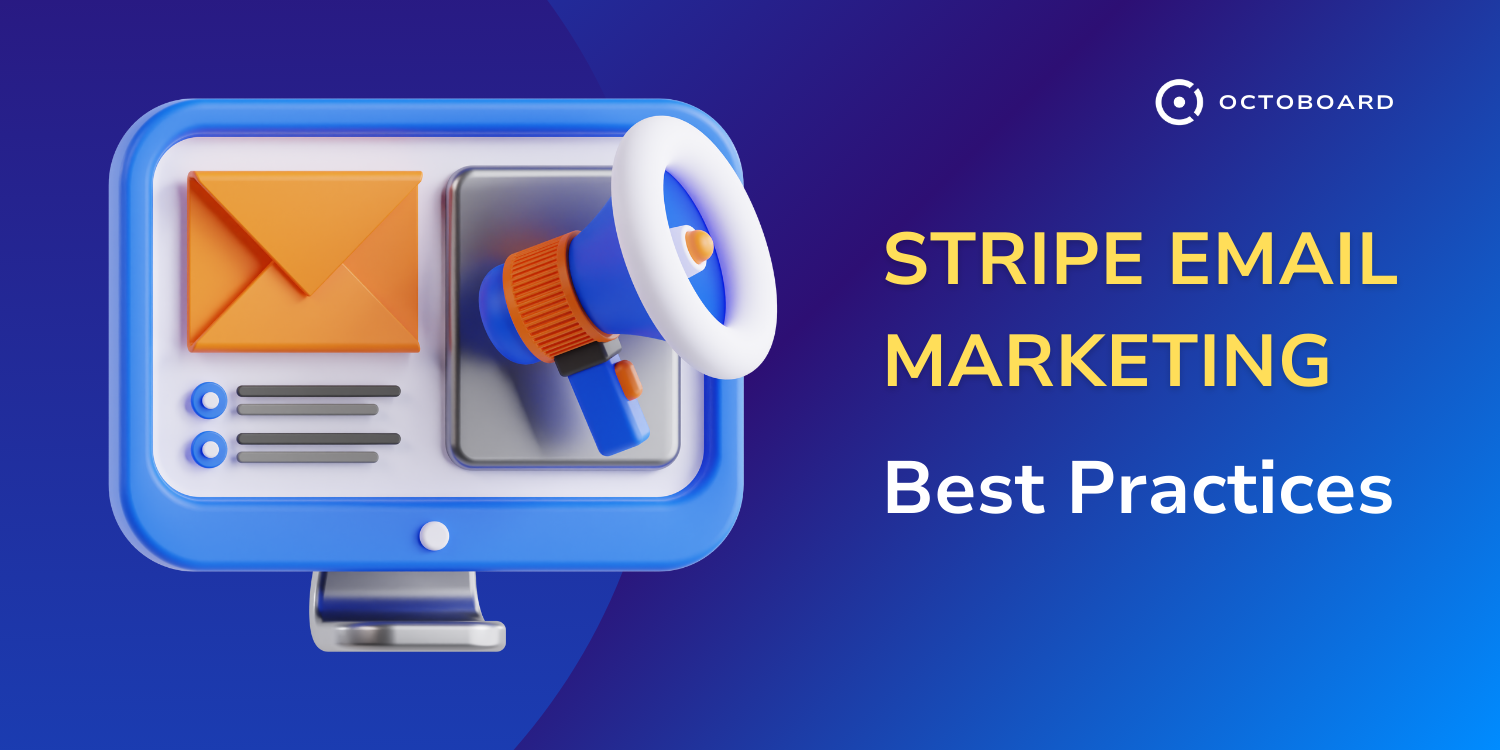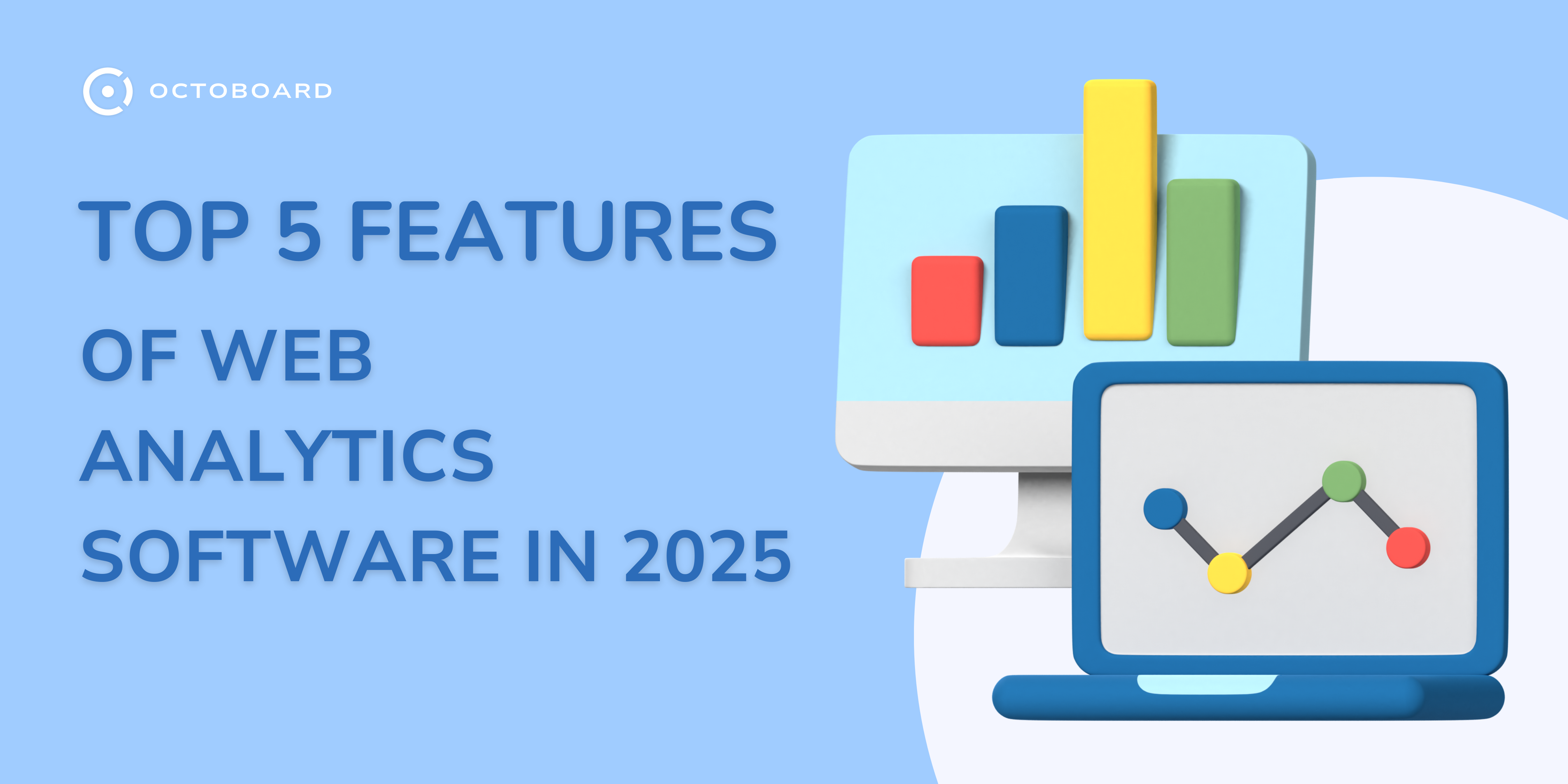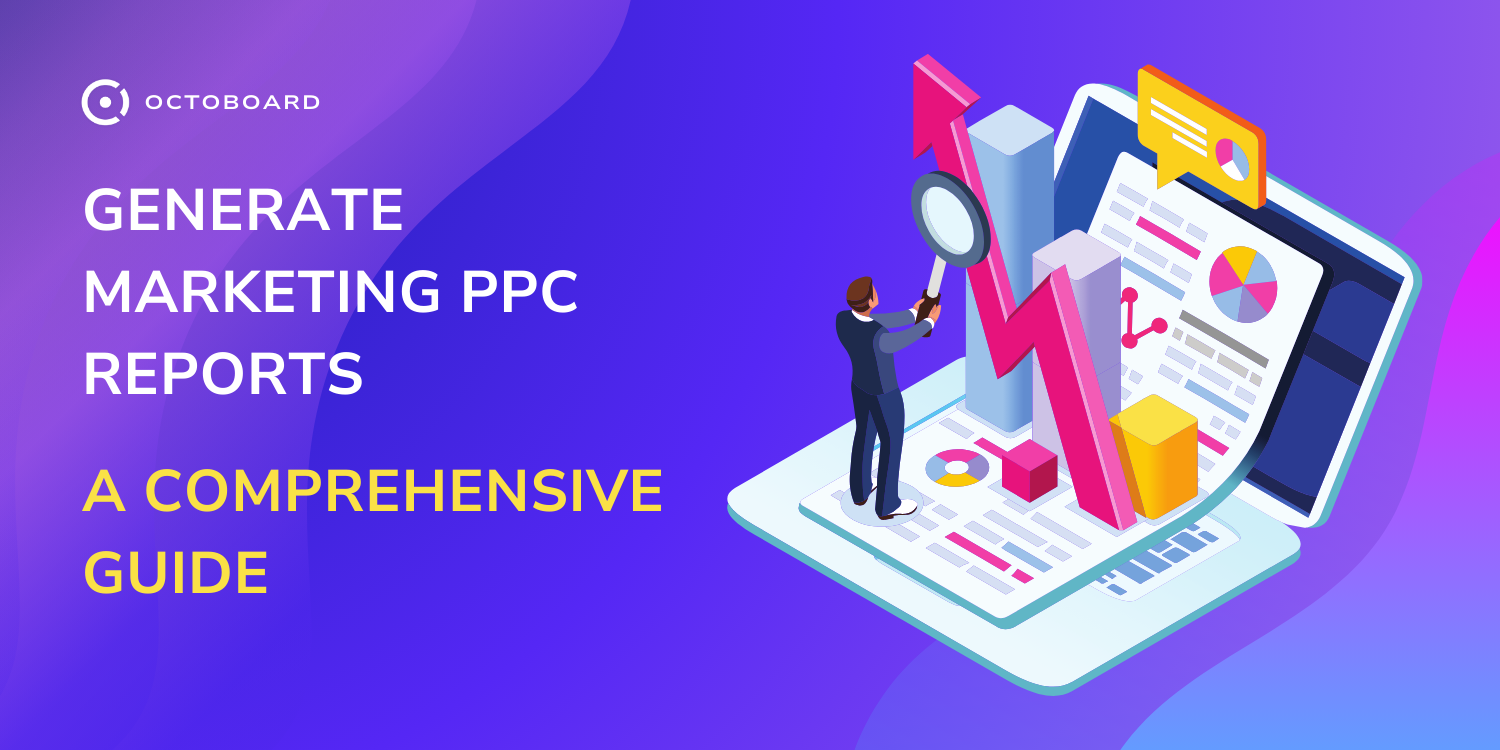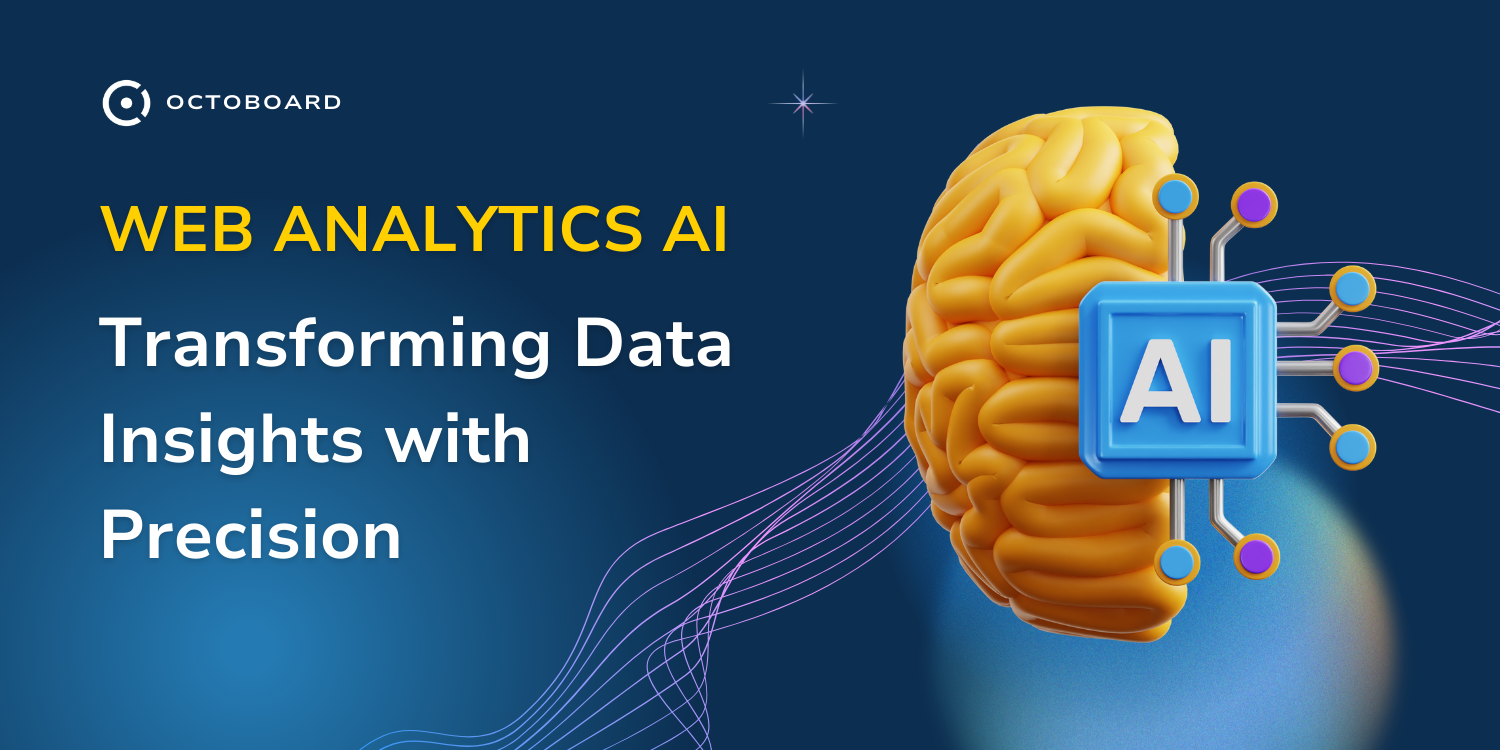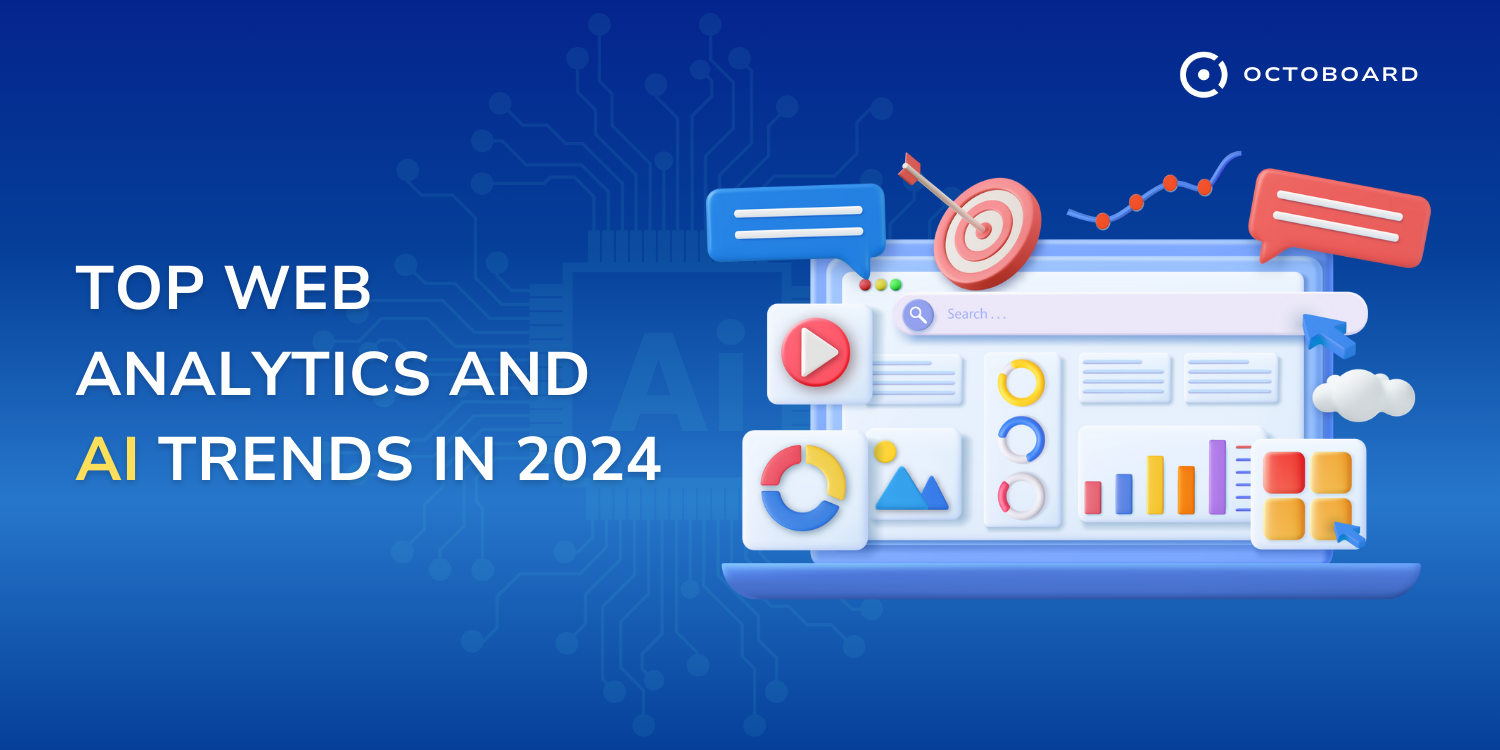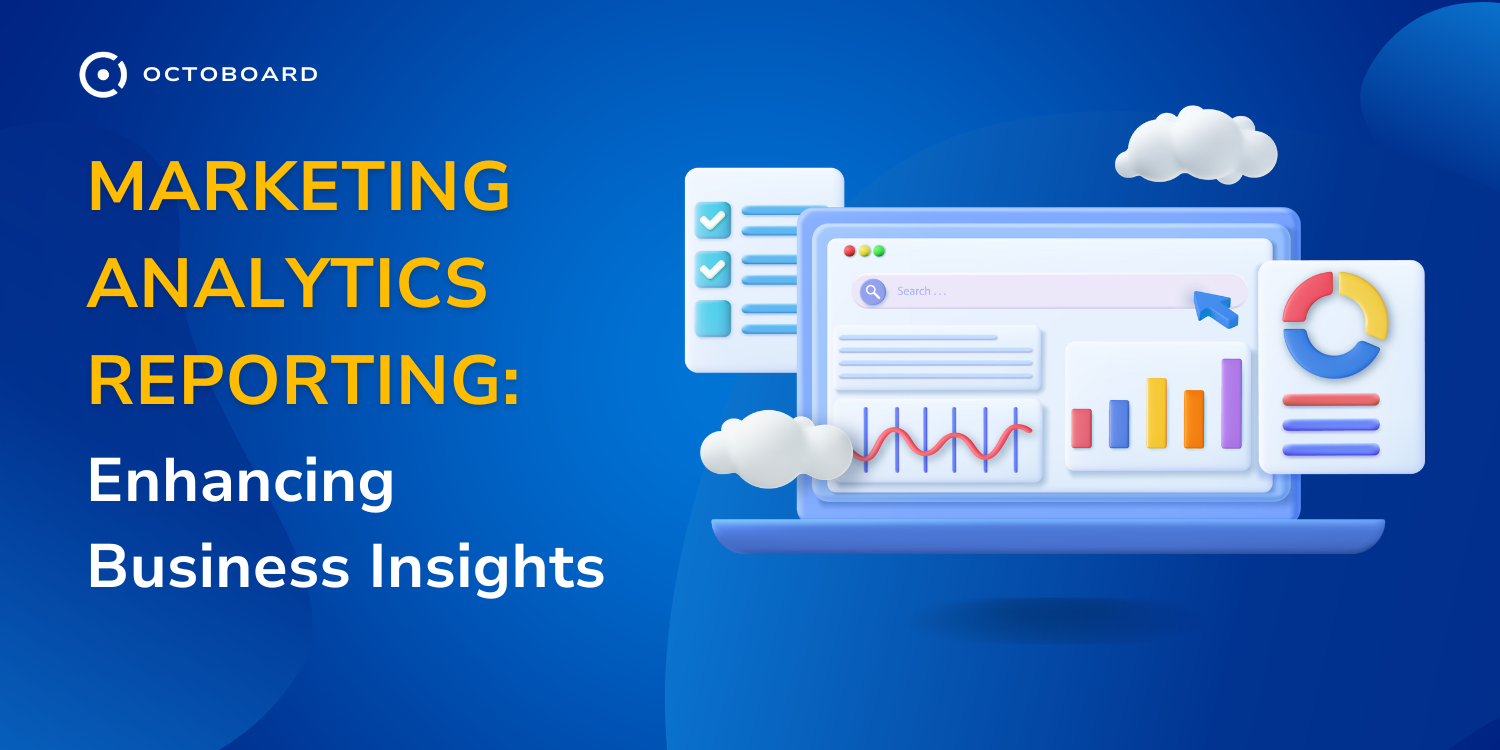Marketing Data AI Insights: New Business Strategies for 2024
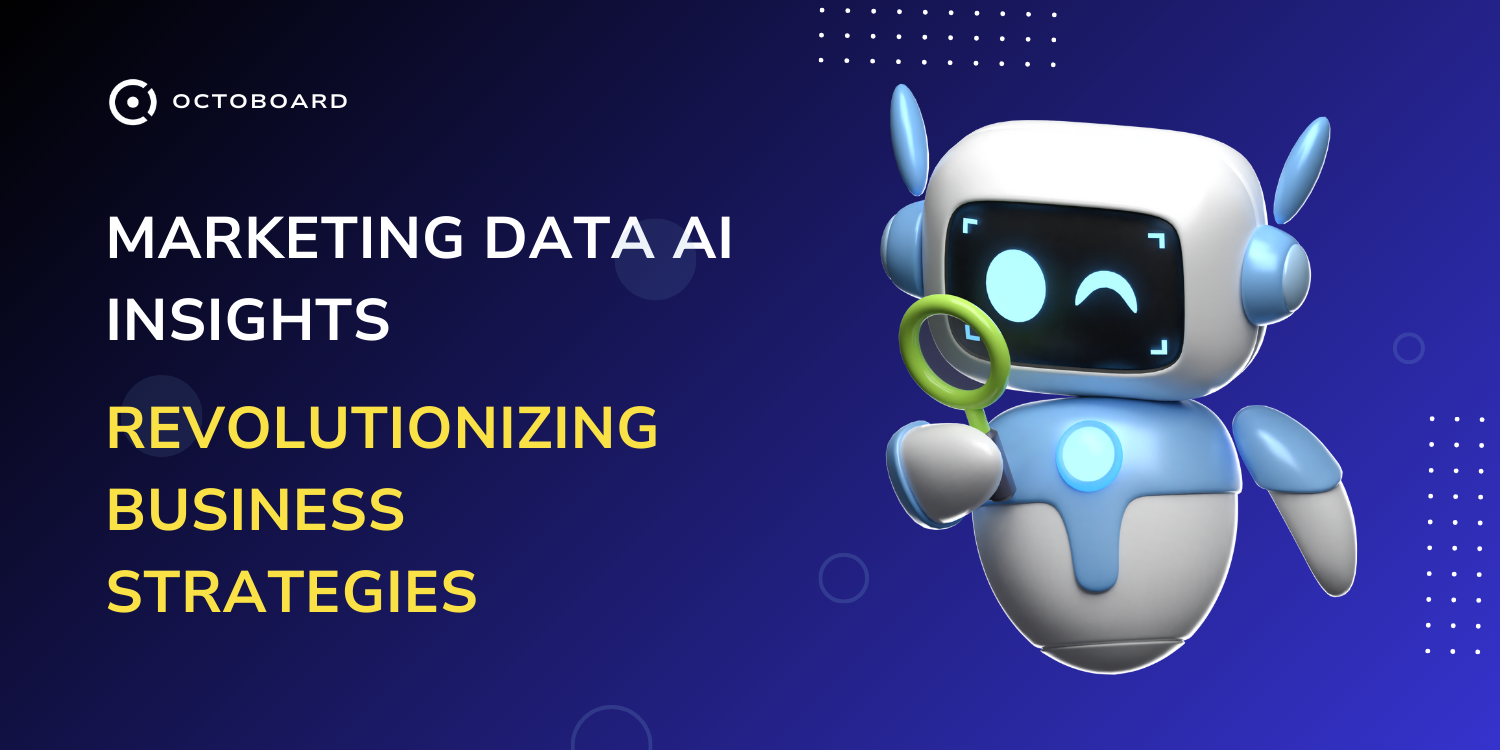
Marketing data AI insights offer powerful tools for businesses to gain a competitive edge. By leveraging machine learning algorithms, companies can uncover hidden patterns and trends within vast amounts of customer data. These AI-driven insights enable marketers to make data-informed decisions, optimize campaigns, and deliver personalized experiences at scale.
- The Role of AI in Data-Driven Marketing
- Transforming Big Data Into Smart Data
- Enhancing Customer Insights With Machine Learning
- Understanding Marketing Data Analysis
- Key Performance Indicators (KPIs)
- Customer Segmentation Techniques
- Developing AI-Driven Marketing Strategies
- Personalization at Scale
- Real-Time Decision Making
- Predictive Analytics in Marketing
- Forecasting Market Trends
- Churn Prediction and Retention Strategies
- Marketing Automation through AI
- Programmatic Advertising
- Chatbots and Conversational Marketing
- Ethical Considerations of AI in Marketing
- Data Privacy
- Bias in Algorithmic Decision Making
- Assessing AI Performance and Success Metrics
- ROI Analysis for AI Investments
- Continuous Learning and Model Improvement
- Integrating AI With Other Marketing Technologies
- The Synergy With CRM Systems
- Complementing Traditional Market Research
AI technologies analyze consumer behaviors, preferences, and interactions across multiple touchpoints. This deep analysis provides marketers with actionable intelligence to refine targeting strategies and improve marketing ROI. Predictive modelling allows companies to anticipate future trends and customer needs, staying ahead of market shifts.
As AI continues to evolve, its applications in marketing data analysis grow increasingly sophisticated. From chatbots that enhance customer service to recommendation engines that boost sales, AI-powered solutions are transforming how businesses connect with their audiences. Companies that embrace these technologies position themselves for success in the data-driven marketing landscape.
Octoboard offers a great way to start adding AI to your marketing data by simply adding your existing cloud connections and receiving data insights. There is no need to use external consultants to implement AI capabilities. Octoboard offers AI insights and optimisations out-of-the box.
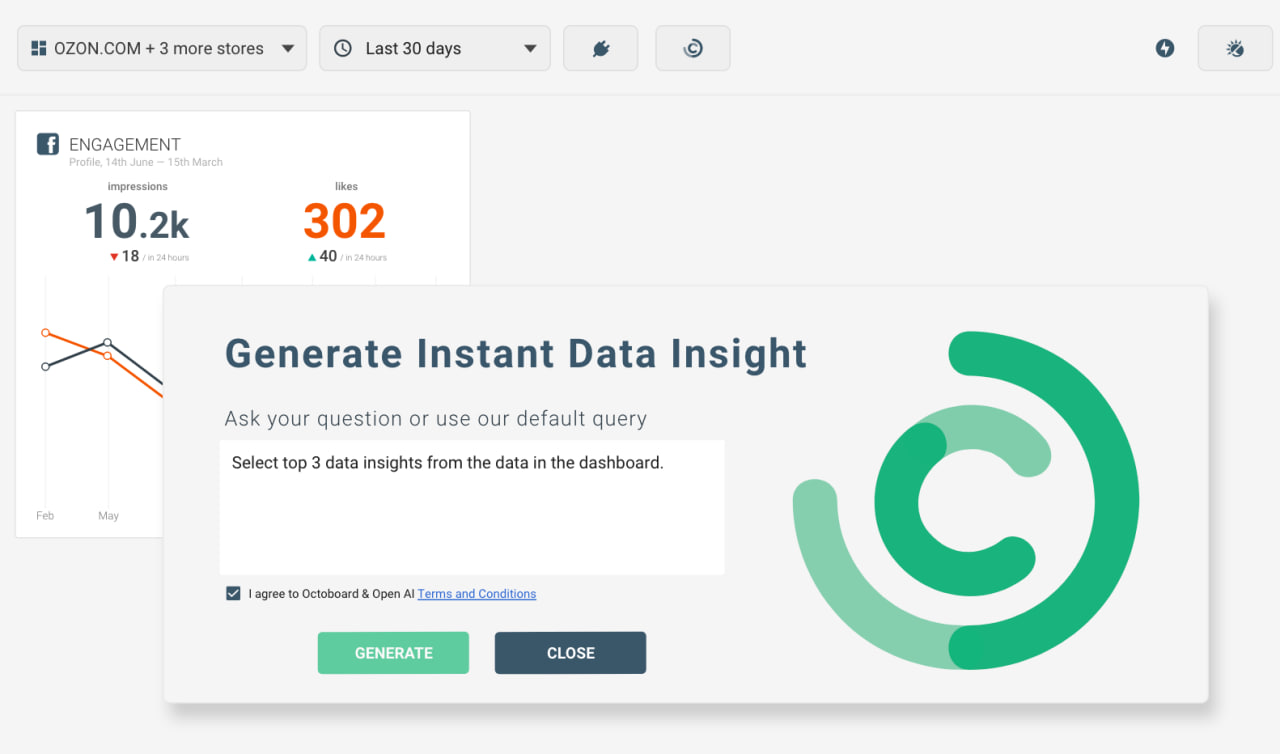
For more details, check out our AI features for marketing and cloud data.
Artificial intelligence is revolutionizing data-driven marketing strategies. AI technologies analyze vast datasets to uncover actionable insights and optimize marketing efforts in real-time.
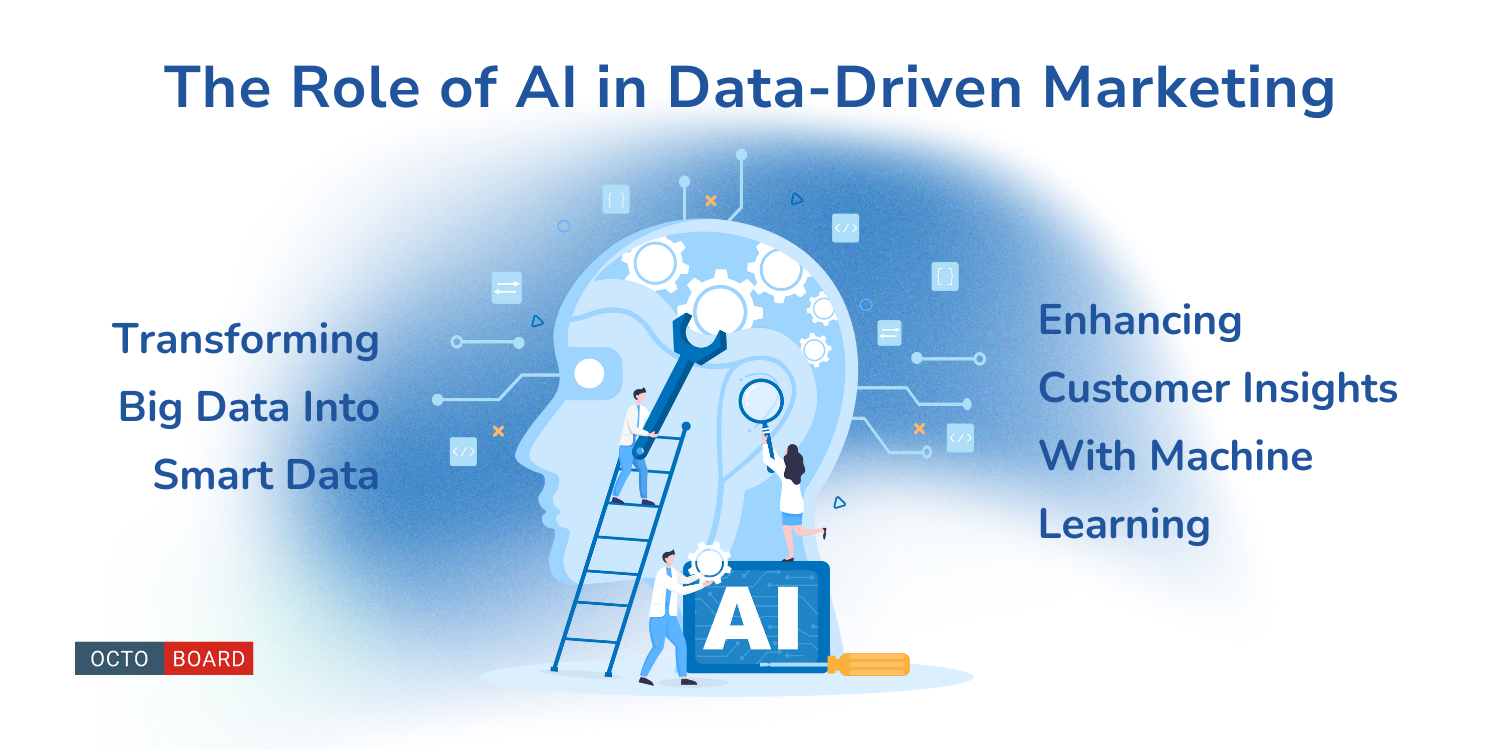
AI algorithms process enormous volumes of consumer data at incredible speeds. This allows marketers to identify patterns and trends that would be impossible to detect manually.
Machine learning models can categorize and segment audiences with remarkable precision. They analyze factors like demographics, online behaviors, and purchase history to create detailed customer profiles.
Natural language processing enables AI to interpret unstructured data from sources like social media posts and customer reviews. This provides rich qualitative insights to complement quantitative data.

AI-powered predictive analytics forecasts future consumer behaviors and market trends. Marketers can anticipate shifts in demand and tailor their strategies proactively.
Machine learning algorithms continuously learn from new data, refining their understanding of customers over time. This allows for increasingly personalized and targeted marketing.
AI analyzes cross-channel customer interactions to build comprehensive journey maps. Marketers gain visibility into the full path to purchase across devices and touchpoints.
Sentiment analysis tools gauge customer emotions and attitudes towards brands and products. This helps marketers craft messaging that resonates on an emotional level.

Recommendation engines leverage collaborative filtering to suggest relevant products and content. These AI-driven systems significantly boost engagement and conversion rates.
Marketing data analysis transforms raw information into actionable insights. It enables businesses to make informed decisions and optimize their strategies for better results.
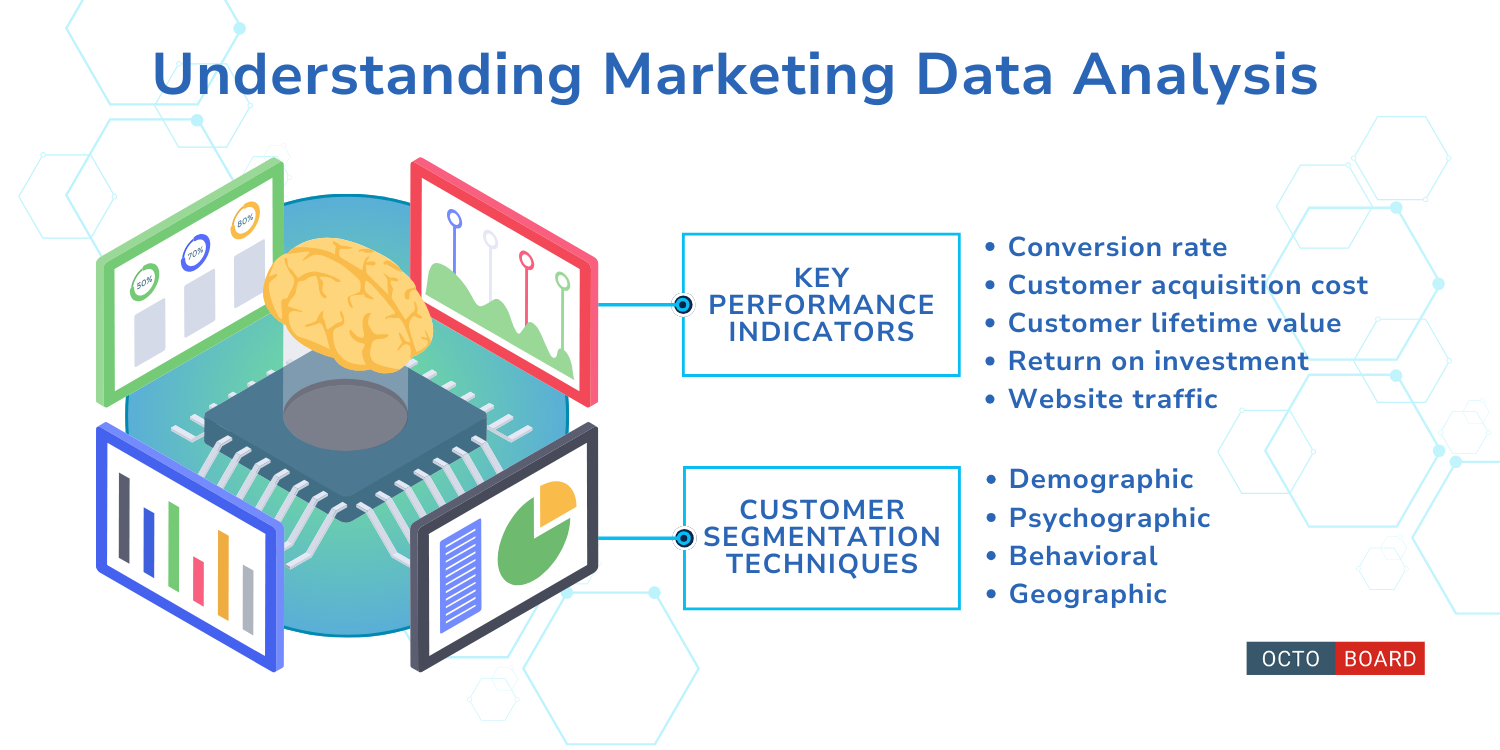
KPIs are measurable values that demonstrate how effectively a company is achieving key business objectives. Common marketing KPIs include:

These metrics help marketers track progress and identify areas for improvement. Regularly monitoring KPIs allows businesses to adjust their strategies and allocate resources more efficiently.
Effective KPI analysis requires setting clear goals and benchmarks. Marketers should choose relevant KPIs that align with their specific objectives and industry standards.
Customer segmentation divides a market into distinct groups based on shared characteristics. This process allows marketers to tailor their strategies to specific audience segments.
Common segmentation methods include:

Advanced segmentation techniques use machine learning algorithms to identify patterns in customer data. These AI-driven approaches can uncover hidden segments and predict consumer behavior with greater accuracy.
Effective segmentation enables personalized marketing campaigns, improved product development, and enhanced customer experiences. It helps businesses allocate resources more efficiently and increase overall marketing ROI.
AI-powered marketing strategies leverage advanced analytics and machine learning to optimize campaigns and drive results. These approaches enable businesses to create personalized experiences and make data-driven decisions in real-time.
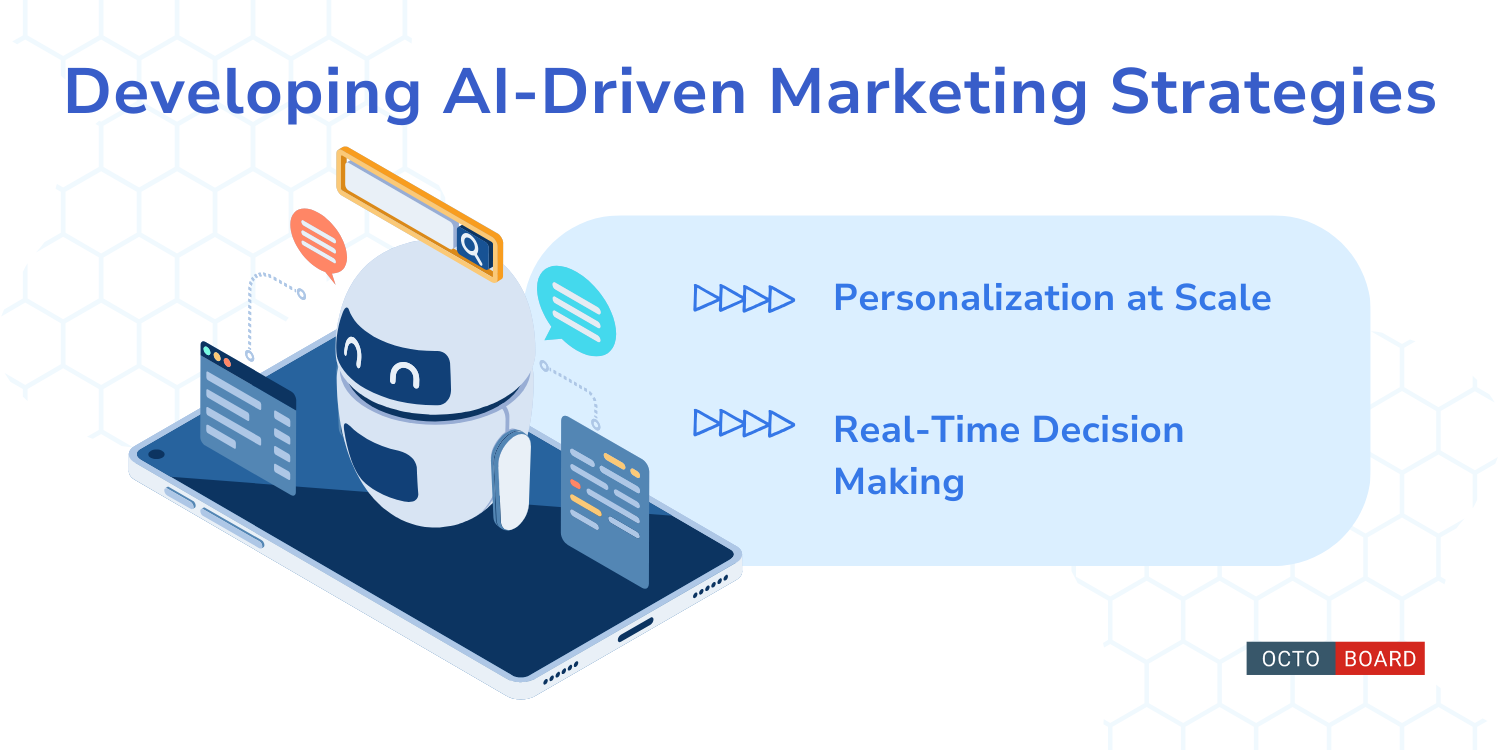
AI allows marketers to tailor content and offers to individual customers across channels. Machine learning algorithms analyze vast amounts of user data to identify patterns and preferences.
This enables the creation of dynamic content that adapts to each user's interests and behaviors. For example, AI can automatically customize email subject lines, product recommendations, and website layouts for different segments.
Personalization engines use predictive modeling to anticipate customer needs and deliver relevant messaging. They continuously learn from interactions to refine targeting and improve conversion rates over time.

AI systems enable marketers to make split-second decisions based on live data. Machine learning models can instantly process incoming signals and trigger appropriate actions.
This allows for dynamic pricing, where product costs automatically adjust based on demand, competitor pricing, and other factors. AI can also optimize ad bidding in real-time auctions across digital channels.
Chatbots and virtual assistants use natural language processing to engage customers 24/7. They can answer queries, make product suggestions, and even complete transactions without human intervention.
Predictive analytics forecast future trends and customer behaviors, helping marketers allocate resources effectively. This data-driven approach maximizes ROI and campaign performance.
Predictive analytics leverages historical data and machine learning to forecast future trends and consumer behaviors. This powerful approach enables marketers to make data-driven decisions and optimize their strategies.
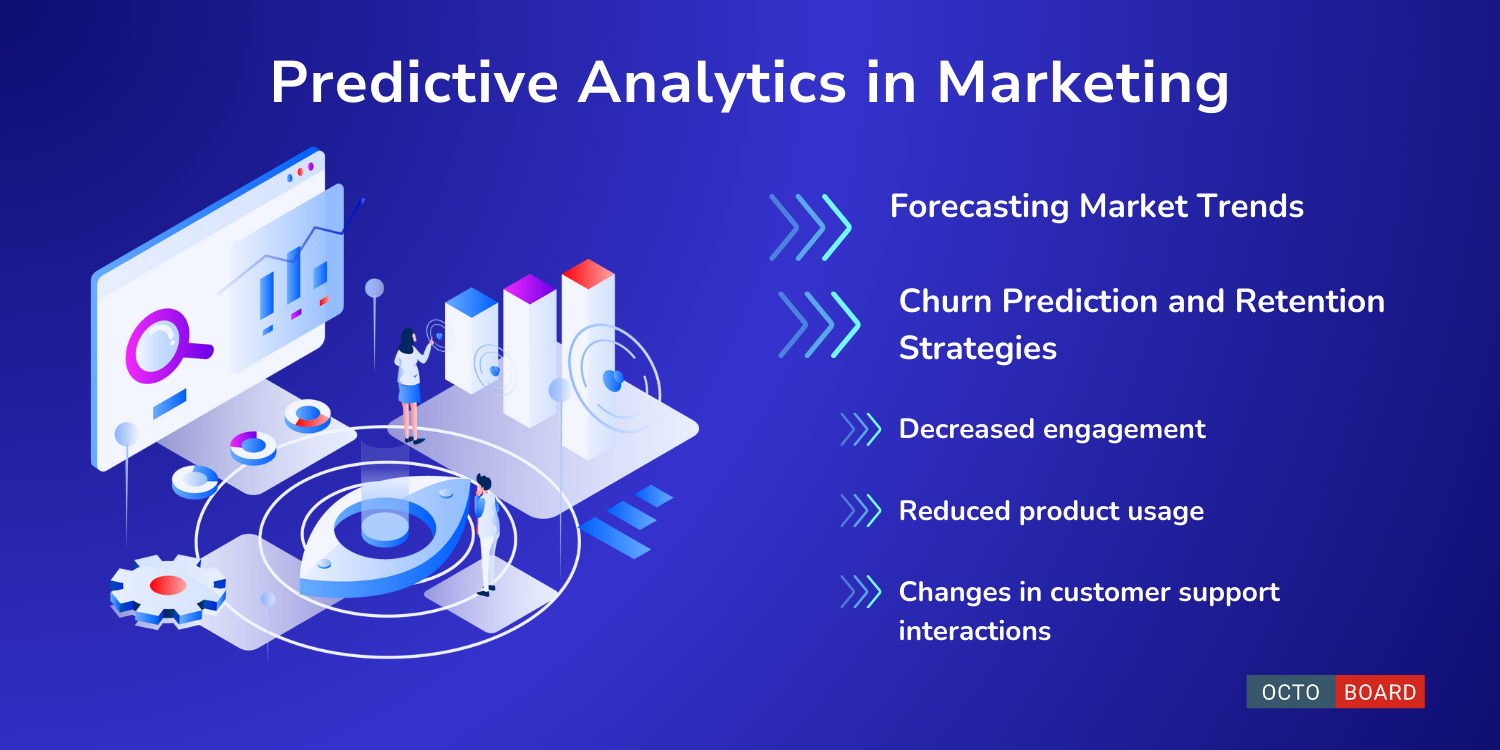
Predictive models analyze vast datasets to identify patterns and anticipate market shifts. These models incorporate factors like consumer behavior, economic indicators, and industry dynamics.
Machine learning algorithms process this data to generate accurate forecasts. Marketers use these insights to adapt their strategies proactively, staying ahead of market changes.
By predicting emerging trends, companies can develop new products or services that meet future demand. This foresight allows businesses to allocate resources efficiently and gain a competitive edge.

Customer churn poses a significant challenge for businesses across industries. Predictive analytics helps identify customers at risk of leaving, enabling targeted retention efforts.
Key indicators of potential churn include:

By analyzing these factors, companies can intervene before customers leave. Personalized retention strategies, such as tailored offers or proactive support, can significantly reduce churn rates.
Predictive models also help identify the most effective retention tactics for different customer segments. This targeted approach improves customer satisfaction and loyalty while optimizing marketing spend.
Artificial intelligence enhances marketing automation by enabling personalized, data-driven campaigns at scale. AI-powered tools streamline processes and improve targeting across various channels.
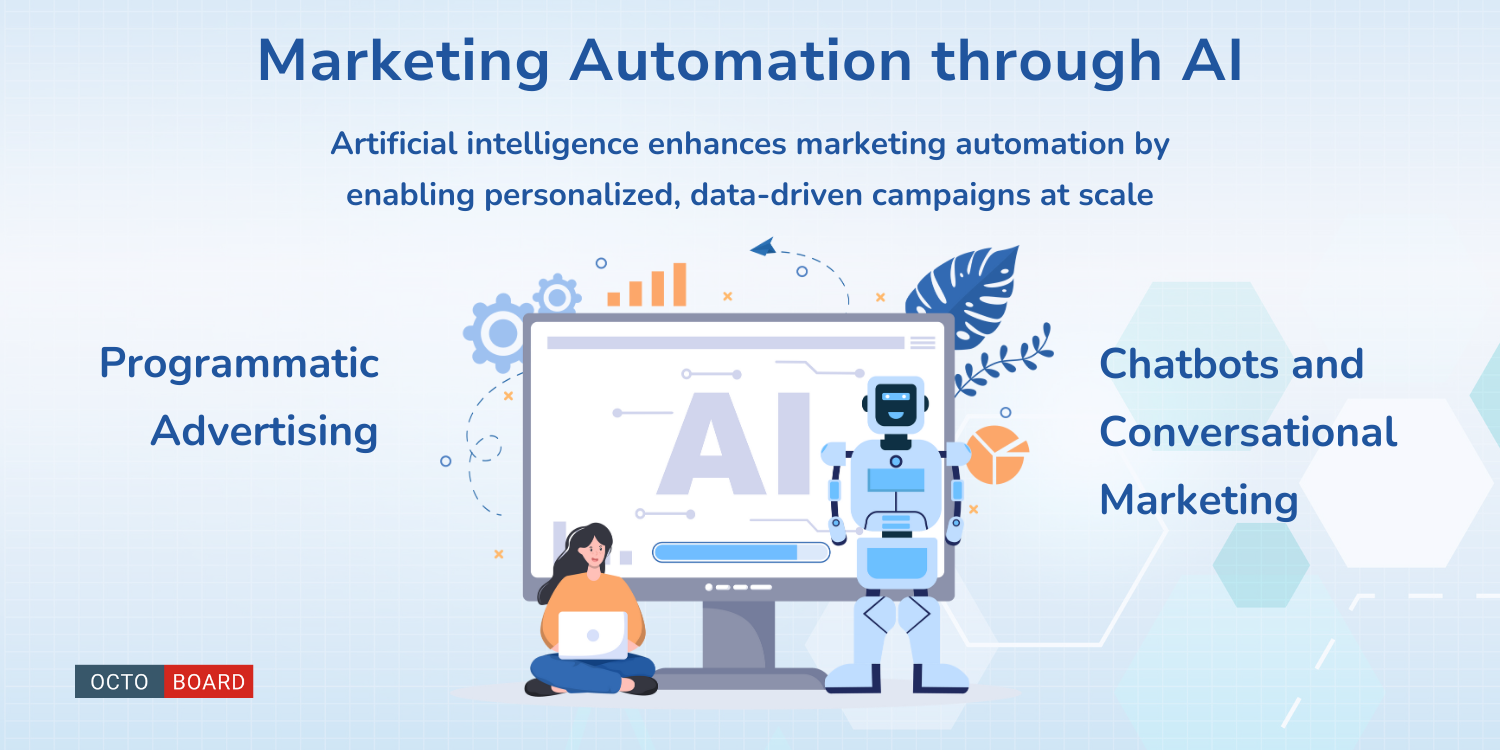
Programmatic advertising uses AI algorithms to automate ad buying and placement. This technology analyzes user data to deliver targeted ads in real-time across digital platforms.
AI optimizes bid strategies, adjusting them based on performance metrics and campaign goals. It identifies the most effective ad placements and formats for specific audience segments.
Machine learning models continuously refine targeting parameters, improving ad relevance and ROI over time. AI-driven programmatic systems can also predict user behavior and preferences, enabling proactive ad delivery.

Real-time analytics powered by AI provide marketers with instant insights on campaign performance. This allows for quick adjustments to maximize ad effectiveness and budget allocation.
AI-powered chatbots facilitate 24/7 customer interactions, providing instant responses to inquiries and guiding users through sales funnels. These virtual assistants use natural language processing to understand and respond to customer queries.
Chatbots collect valuable data on customer preferences and behavior, informing marketing strategies and product development. They can personalize conversations based on user history and context, enhancing engagement.
Machine learning algorithms enable chatbots to improve their responses over time, becoming more accurate and helpful. Advanced chatbots can handle complex tasks like product recommendations and appointment scheduling.

Integration with CRM systems allows chatbots to access customer data, providing personalized support and seamless handoffs to human agents when necessary. This creates a more efficient and satisfying customer experience.
AI in marketing raises important ethical questions around data usage and decision-making processes. Marketers must carefully navigate these issues to build trust with consumers and ensure fair practices.
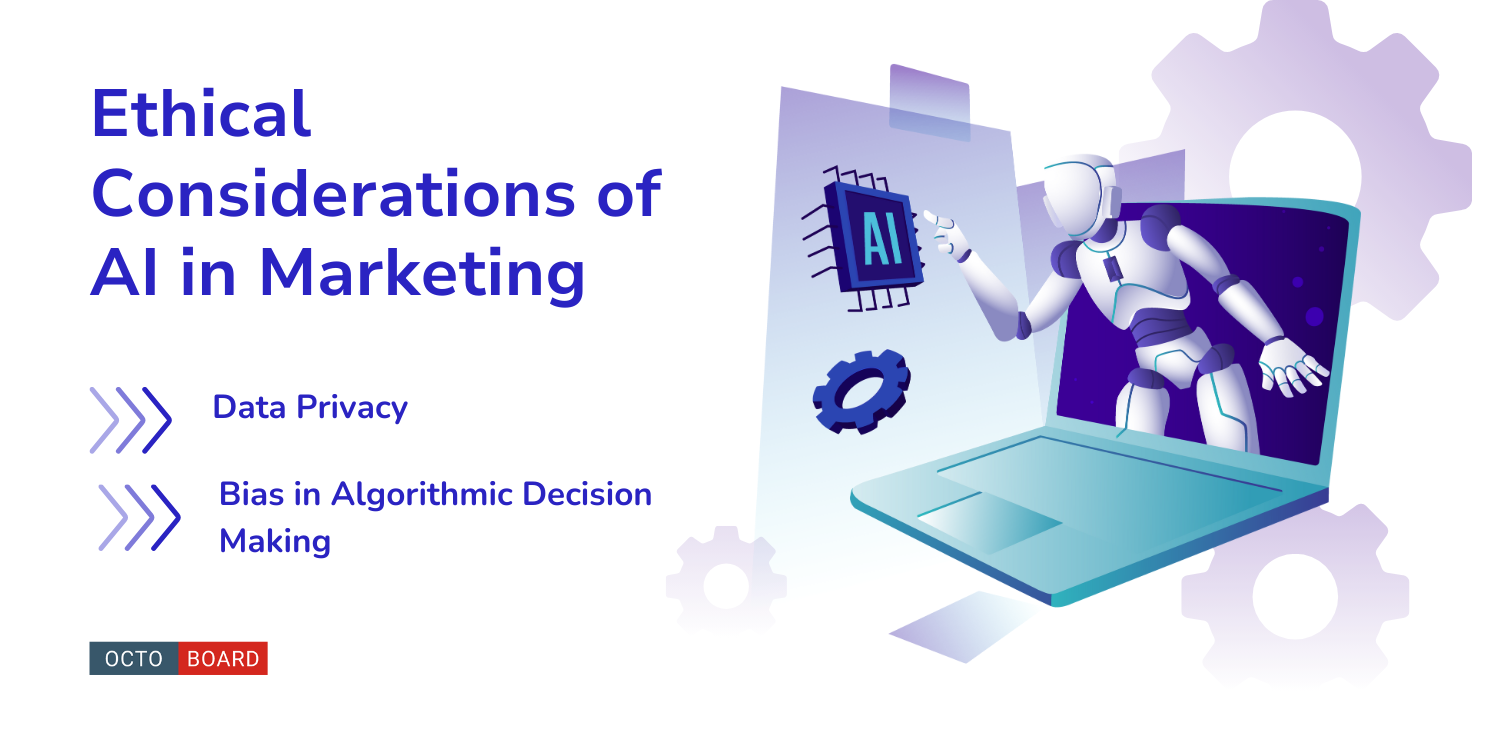
AI systems require vast amounts of consumer data to function effectively. This raises concerns about data collection and storage practices. Marketers must be transparent about what data they gather and how it's used.
Clear consent processes are essential. Consumers should have control over their personal information. Robust security measures are needed to protect sensitive data from breaches.
Companies should follow data protection regulations like GDPR. Regular audits can help ensure compliance and identify potential vulnerabilities.

AI algorithms can perpetuate or amplify existing biases. This can lead to unfair treatment of certain groups in marketing campaigns or customer segmentation.
Diverse teams should be involved in AI development to spot potential biases. Regular testing is crucial to identify and correct any discriminatory outcomes.
Marketers need to carefully monitor AI-driven decisions. Human oversight remains important, especially for high-stakes choices.
Transparency in how AI systems make decisions can build trust. Explaining the factors considered in targeting or personalization can help consumers understand the process.
Evaluating AI performance requires clear metrics and ongoing analysis. Successful implementations balance quantitative ROI with qualitative improvements to drive continuous learning.
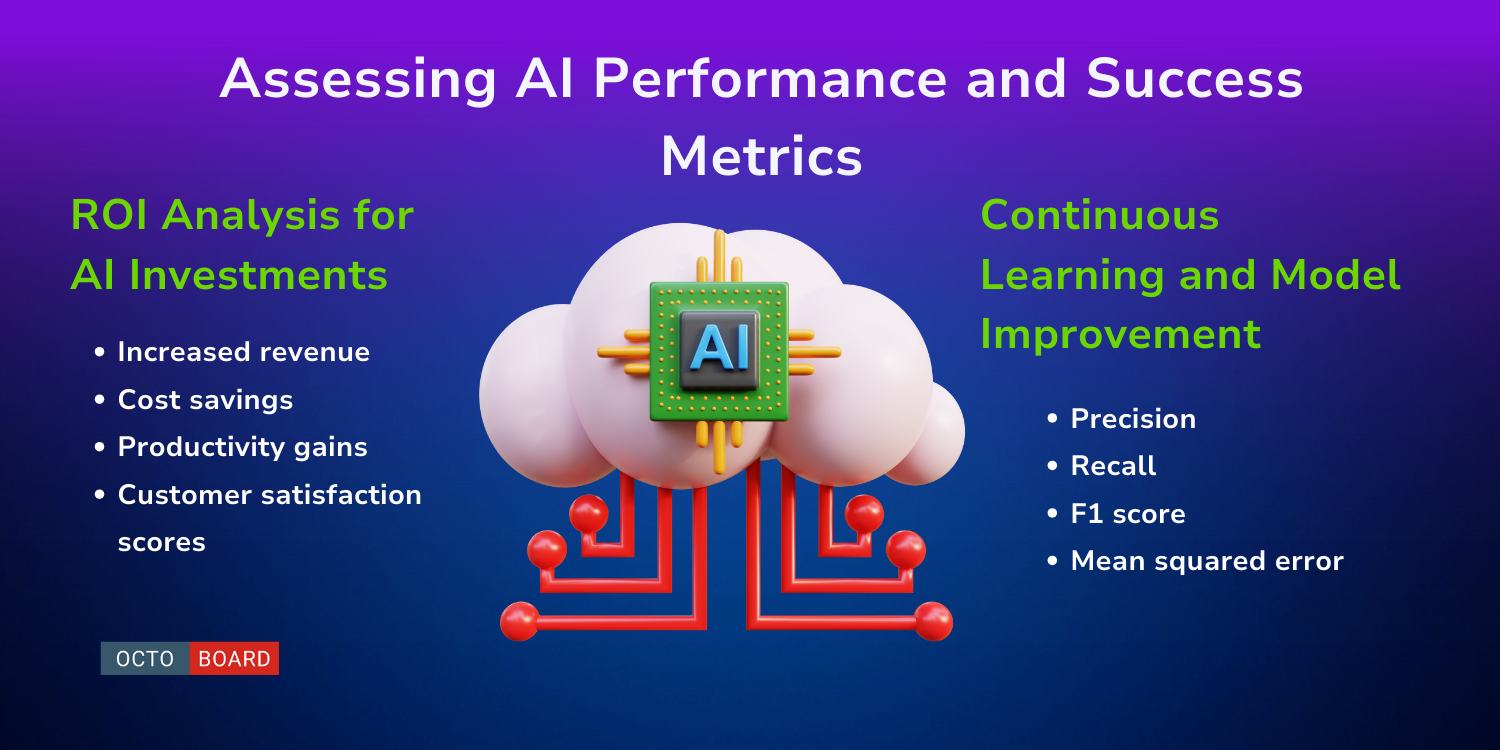
AI investments demand rigorous financial scrutiny. Companies should track key performance indicators (KPIs) aligned with business objectives. These may include:
- Increased revenue
- Cost savings
- Productivity gains
- Customer satisfaction scores
Calculating ROI involves comparing AI project costs against tangible benefits. Initial expenses often include software, hardware, and talent acquisition.
Long-term value comes from efficiency improvements and new revenue streams. Organizations must account for both direct and indirect impacts on the bottom line.

AI models require regular fine-tuning to maintain accuracy. Data scientists should monitor model performance using metrics like:
- Precision
- Recall
- F1 score
- Mean squared error
Feedback loops help identify areas for enhancement. This involves collecting new data, retraining models, and validating results.
A/B testing compares updated models against existing versions. Incremental improvements compound over time, leading to significant performance gains.
Teams should establish processes for version control and model governance. This ensures reproducibility and compliance with regulatory standards.
AI integration enhances existing marketing tools and processes. It amplifies capabilities and unlocks new insights when combined with established technologies.
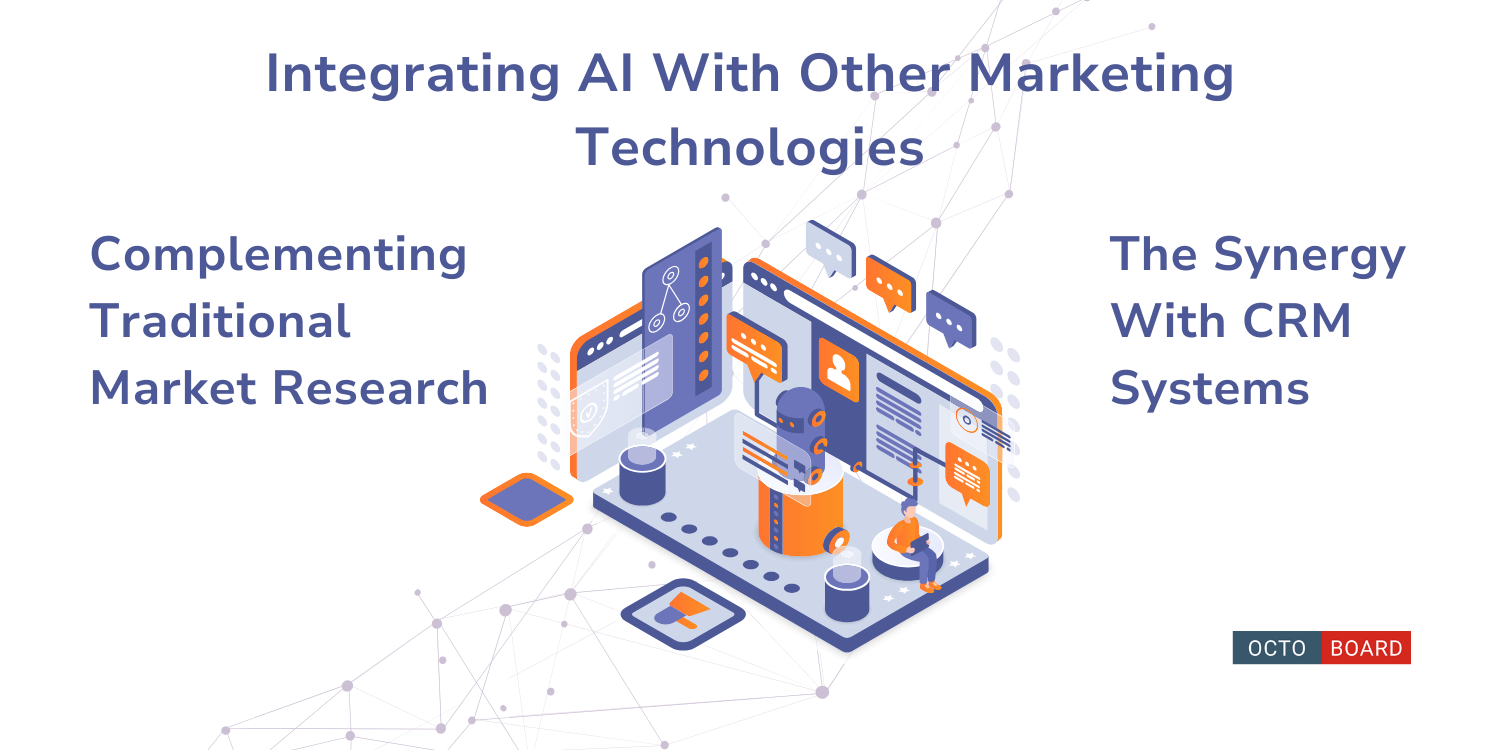
AI-powered CRM systems transform customer relationship management. They analyze vast amounts of customer data to predict behaviors and preferences. This enables personalized marketing campaigns and improved customer service.
AI algorithms can identify cross-selling and upselling opportunities based on purchase history and browsing patterns. They also automate lead scoring, prioritizing high-value prospects for sales teams.
Chatbots integrated with CRM platforms provide 24/7 customer support. They handle routine inquiries and gather valuable customer feedback.

AI augments traditional market research methods. It analyzes social media conversations, online reviews, and search trends to gauge consumer sentiment and identify emerging market opportunities.
Natural language processing extracts insights from unstructured data sources like customer emails and support tickets. This reveals pain points and product improvement areas that may be missed by conventional surveys.
AI-driven predictive analytics forecasts market trends and consumer behaviors. It processes historical data and external factors to guide product development and marketing strategies.
Machine learning algorithms segment audiences more precisely, enabling highly targeted marketing campaigns. They continuously refine segmentation models based on real-time data and campaign performance.
